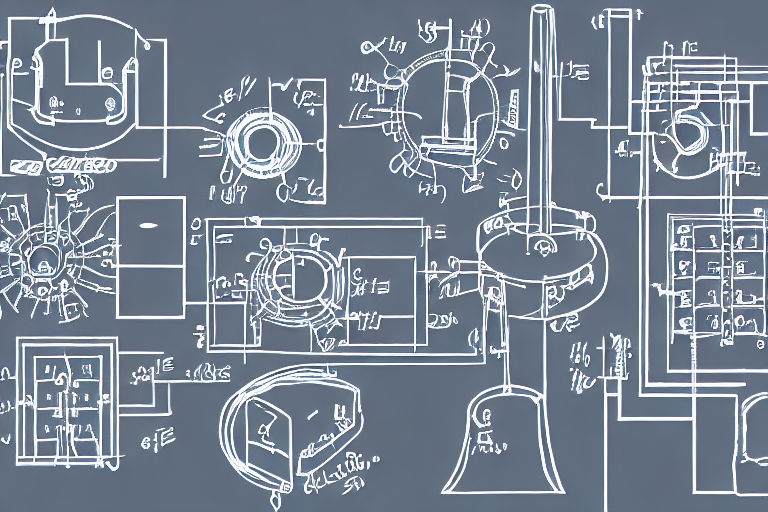The Practical Applications of Complex Analysis in Electrical Engineering
Electrical engineers use complex analysis to study the behavior of circuits and electrical systems. Complex analysis, a branch of mathematics that deals with complex numbers, is essential in the understanding of the behavior of various electrical system components. Complex analysis involves the use of mathematical tools to analyze and solve electrical engineering problems.
Applications of Complex Analysis in Electrical Engineering
Some practical applications of complex analysis in electrical engineering include:
- Circuit Analysis: Complex analysis is used to analyze the behavior of electrical circuits. Electrical circuits contain complex numbers in the form of capacitors, inductors, and resistors. Engineers use complex analysis to understand the behavior of these components and circuits.
- Signal Processing: Complex analysis is used in signal processing. Engineers use complex analysis to analyze signals and extract information from them. Signal processing is used in applications such as wireless communication, image processing, and radar systems.
- Control Systems: Control systems use complex analysis to analyze the behavior of feedback loops. Engineers use complex analysis to design and optimize control systems.
- Electromagnetics: Complex analysis is used to analyze and solve electromagnetic problems. This includes analyzing the behavior of antennas, electromagnetic waves, and transmission lines.
Benefits of Complex Analysis in Electrical Engineering
The benefits of using complex analysis in electrical engineering include:
- Better Understanding of Electrical Systems: Complex analysis helps engineers understand the behavior and performance of electrical systems. This understanding can lead to better designs and improved performance.
- Improved Efficiency: Complex analysis allows engineers to design more efficient electrical systems. This can lead to energy savings and cost reductions.
- Advanced Technology: Complex analysis has led to the development of advanced technologies such as wireless communication, radar systems, and high-speed data transmission.
- Improved Safety: Complex analysis helps engineers design safe electrical systems that meet safety standards and regulations.
Conclusion
Complex analysis is an important tool for electrical engineers in the analysis and design of electrical systems. Its practical applications in circuit analysis, signal processing, control systems, and electromagnetics make it a valuable asset in the field of electrical engineering. With the use of complex analysis, engineers can improve the performance, efficiency, and safety of electrical systems.



